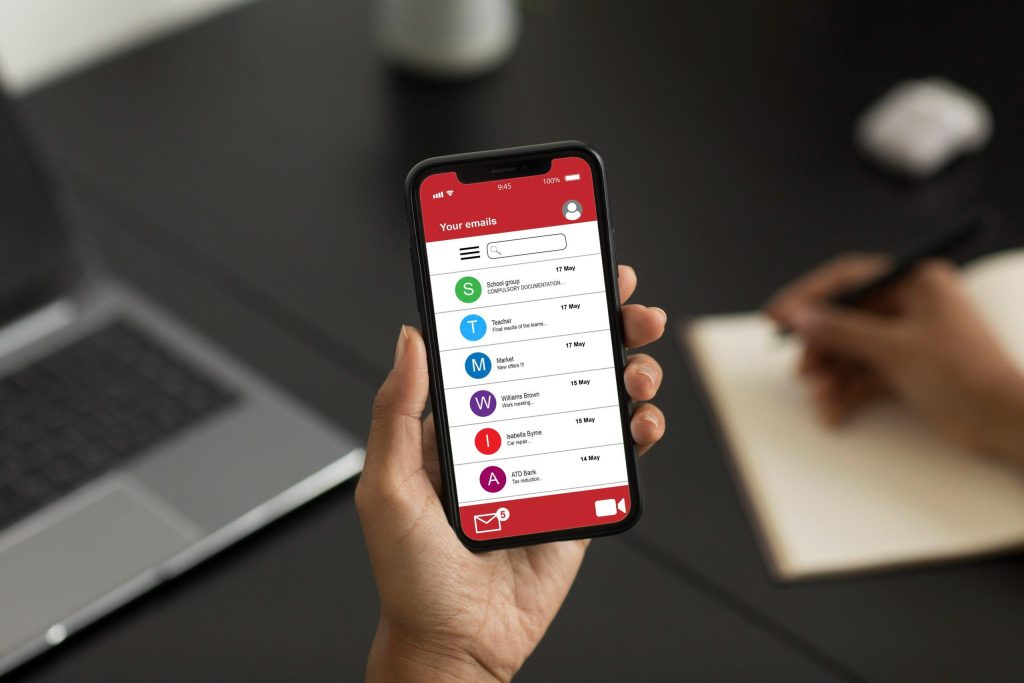Scaling your mobile app effectively is essential for staying competitive and driving growth in today’s digital landscape. This blog outlines ten key strategies to help you scale your app in 2024.
First, optimizing performance and speed through efficient coding and regular performance monitoring is crucial. Investing in robust infrastructure, such as cloud solutions and load balancing, ensures your app can handle increased traffic. Enhancing user experience with intuitive design and regular updates keeps users engaged and loyal.
Security and reliability are paramount; implementing data protection measures and conducting regular security audits build trust and safeguard user information. Leveraging analytics and user feedback allows for data-driven decisions, guiding improvements and marketing strategies.
A scalable marketing strategy involves engaging with social media, collaborating with influencers, and expanding to new markets through localization and strategic partnerships. Automation, including automated testing and marketing campaigns, streamlines processes and saves resources.
Implementing in-app monetization strategies, like the freemium model and in-app advertising, generates revenue while maintaining user satisfaction.
Finally, continuous improvement and innovation ensure your app remains competitive. Staying updated with industry trends and fostering a culture of innovation within your development team keep your app evolving to meet user needs.

Understanding the Importance of Scaling

- Optimize Performance and Speed
- Prioritize Efficient Code: Efficient coding is the foundation of a scalable app. Clean, modular code reduces complexity and enhances performance. Utilizing frameworks like React Native for cross-platform development can streamline the coding process and ensure consistency across devices.
- Implement Performance Monitoring: Regularly monitor your app’s performance using tools like Firebase Performance Monitoring or New Relic. These tools help identify bottlenecks and areas needing improvement, allowing you to make data-driven decisions to enhance speed and reliability.
- Invest in Robust Infrastructure
- Cloud Solutions: Leverage cloud services such as AWS, Google Cloud, or Microsoft Azure to ensure your app can handle traffic spikes. Cloud solutions offer scalability and flexibility, enabling your app to grow without significant infrastructure changes.
- Load Balancing: Utilize load balancing to evenly distribute traffic across multiple servers, ensuring no single server becomes overloaded. This ensures that your app remains responsive even during high-traffic periods.
- Enhance User Experience
- Intuitive Design: A well-designed app that is easy to navigate can significantly boost user engagement and retention. Focus on creating a seamless user experience with intuitive interfaces and minimal friction.
- Regular Updates: Regularly update your app to fix bugs, introduce new features, and improve performance. This keeps your app relevant and engaging for users, encouraging them to stay and explore more.
- Focus on Security and Reliability
- Data Protection: Ensure that your app complies with data protection regulations such as GDPR. Implement encryption and secure authentication methods to protect user data and build trust.
- Regular Security Audits: Perform frequent security audits to detect and mitigate potential vulnerabilities. Tools like OWASP can help you stay updated on potential security threats and ensure your app is robust against attacks.
- Leverage Analytics and User Feedback
- Data-Driven Decisions: Utilize analytics tools like Google Analytics for Firebase to track user behavior and app performance. Analyze this data to understand user needs and preferences, guiding your development and marketing strategies.
- User Feedback: Encourage users to provide feedback through in-app surveys and reviews. User feedback is invaluable for identifying areas of improvement and understanding user expectations.
- Implement a Scalable Marketing Strategy
- Social Media Engagement: Boost your app’s visibility by leveraging social media platforms. Create engaging content, run targeted ads, and interact with your audience to build a strong online presence.
- Influencer Collaborations: Team up with influencers who resonate with your brand values to broaden your audience. Influencers can provide authentic endorsements and drive downloads, helping you scale effectively.
- Utilize Automation
- Automated Testing: Automate your testing processes using tools like Appium or Selenium. Automated testing ensures that your app remains functional and bug-free as it scales, saving time and resources.
- Marketing Automation: Use marketing automation tools like Mailchimp or HubSpot to streamline your marketing efforts. Automated campaigns can nurture leads, convert them into users, and retain them through personalized interactions.
- Expand to New Markets
- Localization: Adapt your app for different regions by translating it into multiple languages and considering local preferences and regulations. Localization can significantly expand your user base and increase downloads.
- Strategic Partnerships: Form strategic partnerships with local businesses and influencers to penetrate new markets. Collaborating with established entities in new regions can provide credibility and accelerate growth.
- Implement In-App Monetization Strategies
- Freemium Model: Offer a freemium model where users can access basic features for free while providing premium features at a cost. This model can attract a large user base while generating revenue from premium subscriptions.
- In-App Advertising: Integrate in-app advertising through platforms like Google AdMob. Ensure that ads are non-intrusive and relevant to your audience to maintain a positive user experience.
- Continuous Improvement and Innovation
- Stay Updated with Trends: The mobile app industry is constantly evolving. Stay updated with the latest trends and technologies to ensure your app remains competitive and relevant.
- Encourage Innovation: Cultivate an innovative mindset among your development team. Encourage them to experiment with new features and technologies, ensuring your app continually evolves to meet user needs.
Conclusion

Scaling your mobile app is a multifaceted process that requires strategic planning and continuous effort. By optimizing performance, investing in robust infrastructure, enhancing user experience, focusing on security, leveraging analytics, implementing scalable marketing strategies, utilizing automation, expanding to new markets, and continuously innovating, you can effectively scale your mobile app in 2024.
We at Panalinks, With our expertise in WordPress development, Laravel development, WordPress and Shopify-based e-commerce projects, and mobile app, can guide you through this journey. By partnering with us, you can leverage these strategies to accelerate your app’s growth and achieve your business goals. We are here to help you navigate this journey of mobile app development as we can provide you with the tools and strategies needed to scale your app successfully. Contact us today to learn how we can assist you in accelerating your app’s growth and achieving your business goals.

